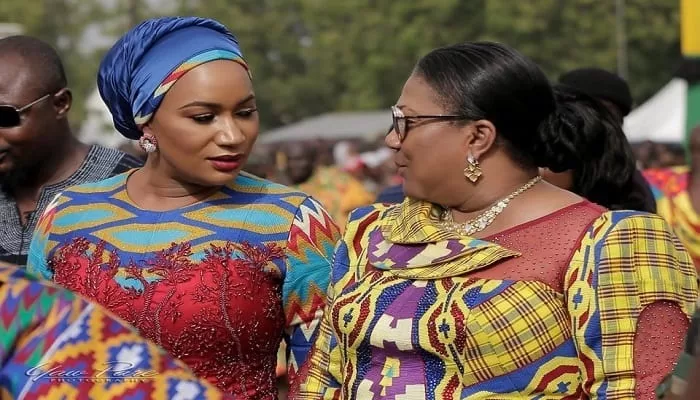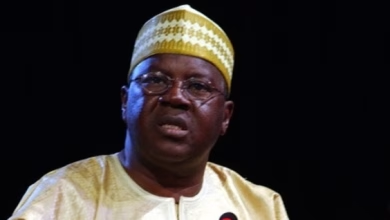Supreme Court Deems Payment of First and Second Ladies’ Salaries Unconstitutional

- Mr. Kwame Baffoe, known as 'Abronye,' representing the NPP, spearheaded the legal challenge, questioning the approval of salaries for the first and second ladies
- Abronye's case centered on constitutional principles, particularly Article 71 of Ghana's 1992 Constitution, highlighting inconsistencies and limitations
- The Supreme Court's decision marks a significant turning point, as it deems the payment of salaries to the first and second ladies unconstitutional, setting a precedent for future legal interpretations.
In a landmark ruling, the Supreme Court has declared the payment of salaries to the first and second ladies unconstitutional.
The decision comes after a legal challenge brought forth by Mr. Kwame Baffoe, also known as ‘Abronye,’ the Bono Regional Chairman of the New Patriotic Party (NPP).
The challenge contested the approval of salaries for the first and second ladies, which stemmed from recommendations made by a committee chaired by Prof Ntiamoa-Baidu, set up by President Akufo-Addo in June 2019.
This committee was tasked with advising the President and Parliament on the remuneration, allowances, facilities, and privileges for Article 71 officeholders.
Abronye’s case argued several points, including the inconsistency with Article 71 of the 1992 Constitution of Ghana, which outlines the categories of public office holders and the limitations on parliamentary actions regarding emoluments.
Chief Justice Gertrude Torkornoo, leading a 7-member panel of judges, dismissed most of the reliefs sought by Rockson-Nelson Dafeamekpor, a Member of Parliament from South Dayi, whose suit paralleled Abronye’s.
The distinction between Dafeamekpor’s focus on the committee’s recommendations and Abronye’s emphasis on parliamentary actions played a crucial role in the court’s decision.






